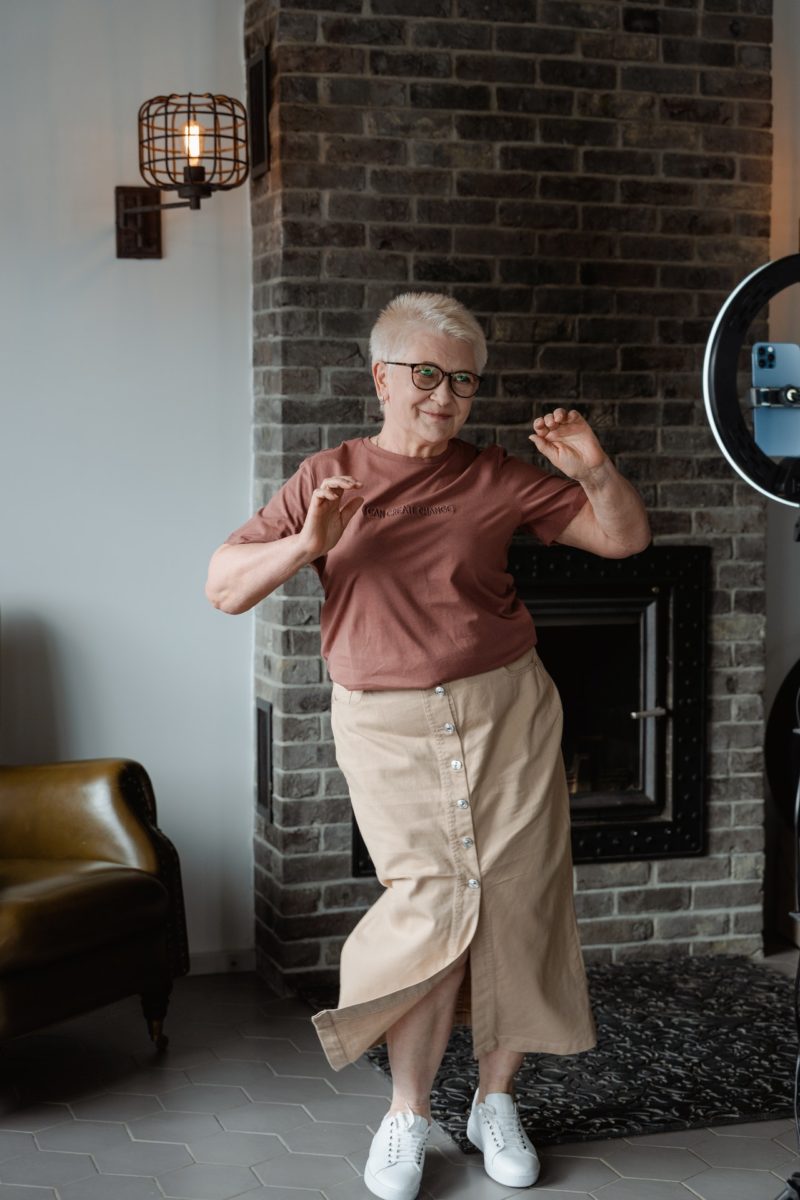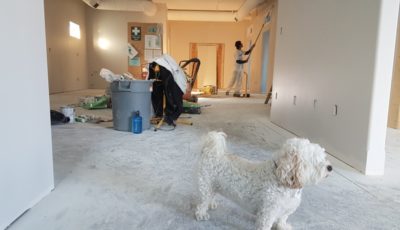A Guide to Renovating Your Home For Retirement
Many homeowners find that they need to renovate their property as they approach retirement. You need to consider this time in your life and, if you want to stay put, then it is likely that some work will need doing on the home as your needs change. You are likely to be spending more time here during your retirement, plus you might find that mobility might become an issue. Keep reading for a few key considerations when renovating your home for retirement.
Planning
First, you should spend some time planning your renovation and what your needs will be. You might want to make your home more open plan so that it is easier to navigate and feels bigger and you may want to consider things like a downstairs bathroom so that you do not have to go up and down the stairs each time.
Renovations Worth the Money
It is also important to consider upgrades that will be worth the cost by improving your life but also adding value to the property. Renovation that improves and extends your living space is smart, such as basement and loft conversions and extensions.
Budgeting & Funding
Before getting started with the work, you need to work out how much you are able to spend. If you have access to your pension then you could use some of this or over 55’s also have access to an equity release as a way to free up cash to finance the work. Work out how much you are able to afford and then get a few quotes for the work so that you stay within your budget and avoid nasty surprises.
Contractors
Following on from this, you should research contractors and always meet with a few before making a decision. Draw up a list of questions to ask them and see how you feel when communicating with them – these are people that you need to feel comfortable with and can easily communicate with. Be sure to get detailed estimates to avoid any hidden fees.
Accessibility & Sustainability
You need to consider accessibility with each room in the house. This can include things like including handrails, stairlifts and making the home wheelchair accessible. Additionally, you may want to think about sustainability as the world is getting greener. Solar panels, insulation and a smart thermostat are a few ways that you can reduce your impact while also saving money too.
This guide should be useful for any homeowner planning renovations for their retirement. As you approach this special time in your life, it is important that you know how to go about planning a renovation that will improve your quality of life, add value and future proof the property so that you can enjoy living at home in retirement without having to worry about moving.














